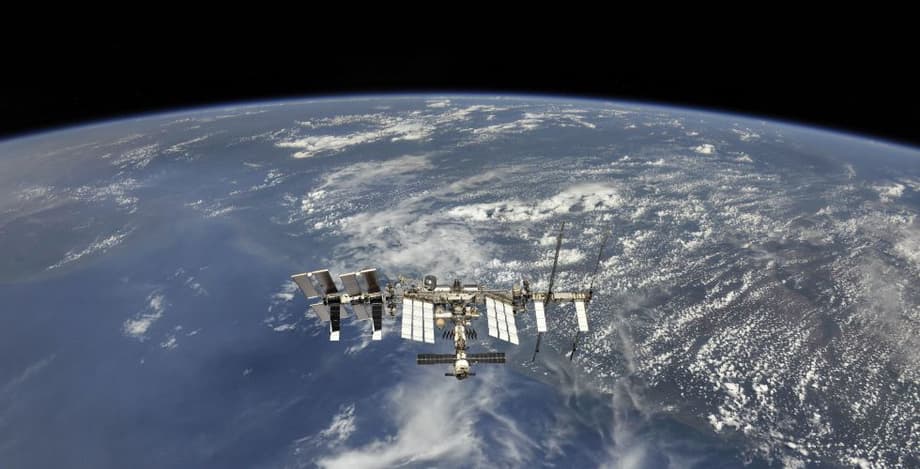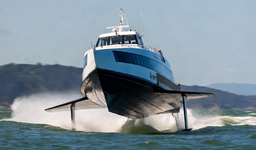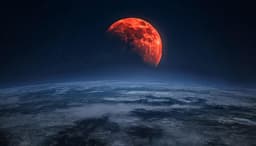The Roscosmos State Corporation plans to launch the Bion-M No. 2 satellite with mice on board by July 31, 2024, according to the Institute of Biomedical Problems (IBMP) of the Russian Academy of Sciences.

The biological satellite will be sent to a high-latitude orbit in order to prepare for the subsequent creation of the Russian Orbital Station (ROS). Initially, Bion-M No. 2 was planned to be sent into orbit with an altitude of 800 km, which is twice the altitude of the orbit of the International Space Station (ISS).
According to a representative of the IBMP RAS, scientists are now preparing onboard and scientific equipment and conducting tests. It is known that 75 mice, Drosophila flies, plants and microorganisms will fly into space on the biosatellite. But the main object of research is mice. Scientists will track how radiation and weightlessness affect rodents.
The first satellite of the Bion-M series was launched into orbit in 2013. Then, in addition to mice, geckos, snails, and gerbils were sent into space. The device was in space for 45 days, and then successfully landed in the Orenburg region.
Now on home

High-speed transportation on the river revived after 30 years

Many employees remain at the Bushehr nuclear power plant

Tenet Plus scored 7%, while the heavily advertised "Atom" only got 3% of the votes

Roskomnadzor will continue to restrict the messenger due to ignoring Russian laws

The changes are designed to make the secondary market more transparent and reduce risks for buyers

The wind speed reached 40 m/s, but the station withstood the impact

The company will assemble hybrid cruise ships

The satellite will acquire an unusual hue due to sunlight passing through the Earth's atmosphere

The unique material combines high heat resistance, wear resistance, and ductility

Authorship and linguistic expertise helps to identify the identities and roles of participants

Courts issued only 280,569 rulings

The document is automatically sent to the personal account of "Gosuslugi"